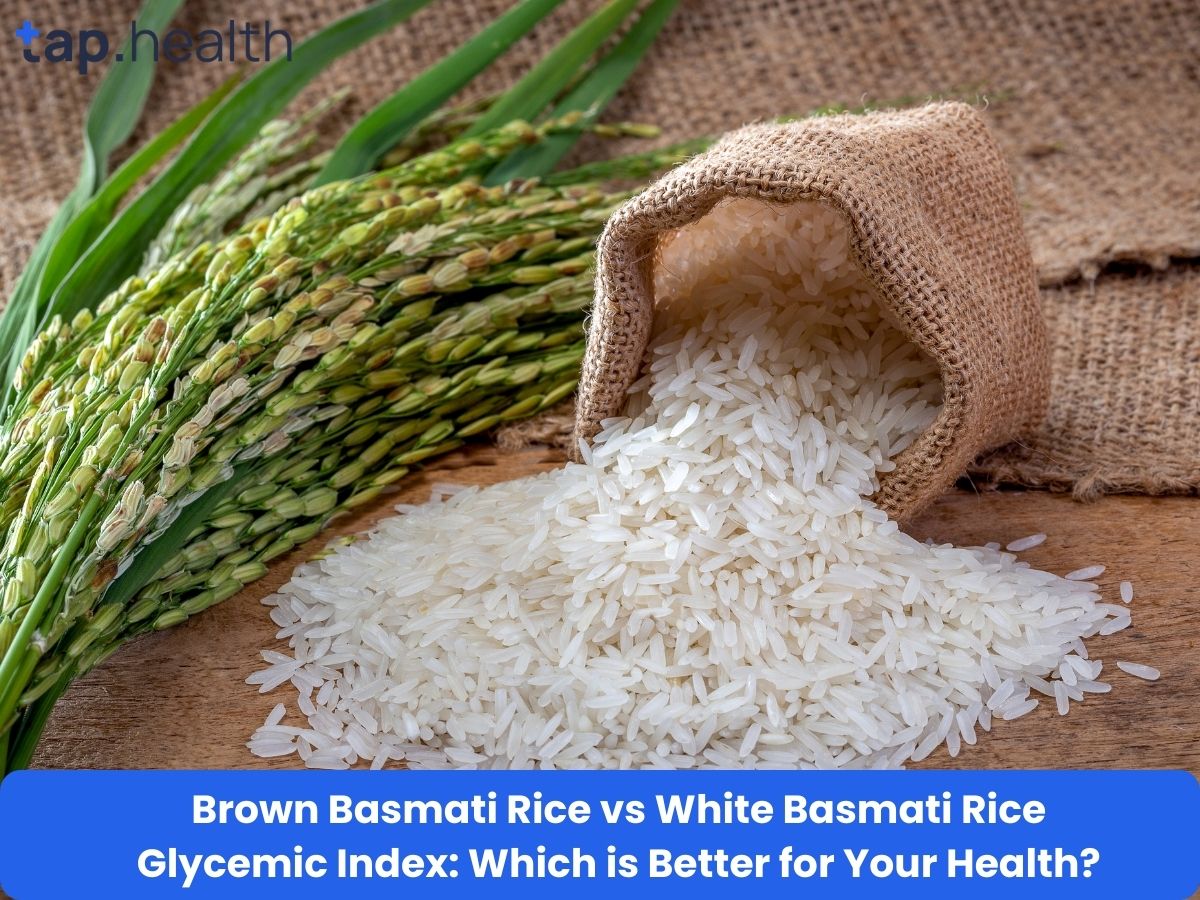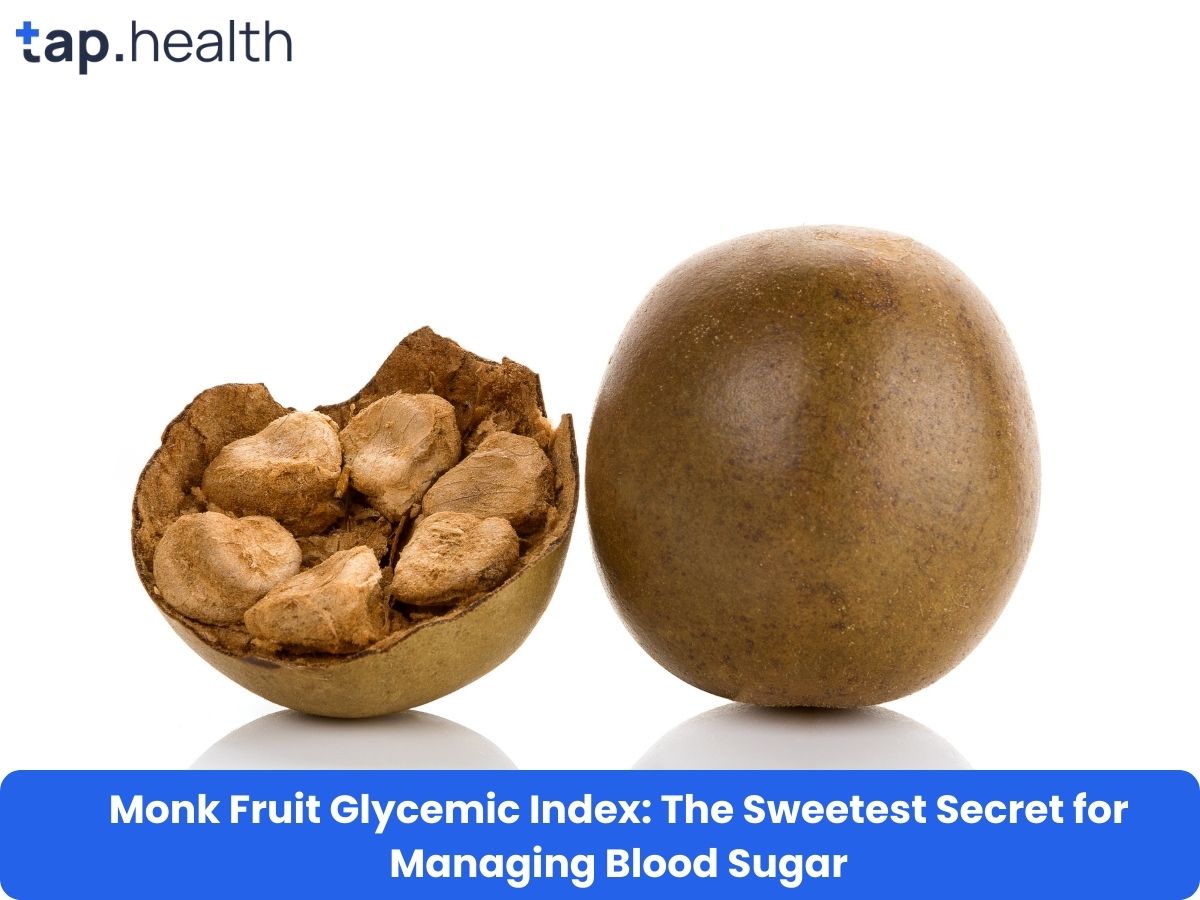Table of Contents
- Long COVID & Diabetes: Understanding the Risks
- Long COVID Symptoms in People with Diabetes
- Managing Diabetes During and After Long COVID
- Diabetes Management: Long COVID’s Impact on Blood Sugar
- Long COVID: A Guide for People with Diabetes
- Frequently Asked Questions
- References
Living with diabetes already presents significant challenges, but what happens when you also experience the lingering effects of COVID-19? This is the crucial question we’ll explore today as we delve into Long COVID: Understanding its Impact on People with Diabetes. The long-term consequences of COVID-19, often referred to as Long COVID, can significantly impact various health conditions, and its interaction with diabetes is particularly concerning. We’ll examine the increased risks, common symptoms, and management strategies specifically relevant to this population. Let’s uncover the critical information you need to navigate this complex health intersection and improve your well-being.
Long COVID & Diabetes: Understanding the Risks
Long COVID, the persistent symptoms experienced after a coronavirus infection, poses significant concerns for individuals with diabetes. This is particularly relevant in India and other tropical countries where diabetes prevalence is high. According to the International Diabetes Federation’s Diabetes Atlas, 61% of people with diabetes are aged between 20-64 years, a demographic largely active in the workforce and family life. This highlights the substantial impact long COVID can have on productivity and societal well-being within these regions. The added burden of long COVID on an already compromised immune system significantly increases the risk of severe complications.
Increased Vulnerability and Long-Term Effects
People with diabetes often experience a weakened immune response, making them more susceptible to severe COVID-19 infections and the subsequent development of long COVID. This increased vulnerability can manifest in a range of persistent symptoms, including fatigue, breathlessness, and cognitive impairment, impacting daily life considerably. Furthermore, existing diabetic complications, such as cardiovascular disease, neuropathy and kidney issues, may be exacerbated by long COVID, leading to a deterioration in overall health. This is especially worrisome given that 39% of people with diabetes are aged 65+, a group already at higher risk for severe health outcomes. For advice on managing diabetes as you age, see our article on Managing Diabetes as You Age: Challenges and Solutions.
Practical Steps for Mitigation
Early detection and management are key to minimizing the long-term consequences of COVID-19 for people with diabetes. Maintaining strict blood sugar control, adhering to prescribed medications, and prioritizing a healthy lifestyle including regular exercise and a balanced diet are crucial. Furthermore, vaccination against COVID-19 remains the most effective preventive measure. In tropical and Indian contexts, access to healthcare and information remains a challenge. Therefore, proactive community engagement and public health campaigns emphasizing preventative measures are crucial in mitigating the impact of long COVID on this vulnerable population. Consult your doctor immediately if you experience persistent symptoms after a COVID-19 infection. To learn more about preventing long-term complications, check out our guide on How to Prevent Long-Term Complications of Diabetes: Easy Tips.
Long COVID Symptoms in People with Diabetes
The global impact of diabetes is staggering; 6.7 million deaths in 2021 alone, a death every 5 seconds. This alarming statistic underscores the vulnerability of individuals with diabetes, a vulnerability further exacerbated by the lingering effects of Long COVID. Understanding the specific challenges faced by this population in tropical and Indian climates is crucial.
Respiratory Issues & Persistent Fatigue
Many individuals with diabetes report experiencing prolonged respiratory symptoms like shortness of breath and persistent cough, even after initial COVID-19 recovery. These symptoms, common in Long COVID, can be particularly problematic for those already managing diabetes, potentially leading to further complications. The increased humidity and heat prevalent in many Indian and tropical countries can exacerbate these respiratory issues. Managing these symptoms requires careful monitoring of blood sugar levels and close communication with healthcare providers. The impact of heat on diabetes is significant, as explored in How Does Hot Weather Affect Diabetes?.
Neurological Manifestations & Cardiovascular Risks
Long COVID’s neurological impact, including “brain fog,” fatigue, and sleep disturbances, can be significantly amplified in people with diabetes. Existing cardiovascular complications associated with diabetes are also at greater risk of worsening with Long COVID. This increased risk highlights the need for proactive cardiovascular health management in this vulnerable group. The high incidence of heat stroke in tropical climates adds another layer of risk, potentially further stressing the cardiovascular system. Understanding the consequences of neglecting insulin management is crucial; read more in How Long Can a Diabetic Survive Without Insulin?.
Management and Prevention
Individuals with diabetes in India and tropical countries need to prioritize proactive management. This includes strict adherence to diabetes medication regimens, regular blood glucose monitoring, and prompt medical attention for any new or worsening symptoms. Maintaining a healthy lifestyle, including regular exercise (modified to suit the climate) and a balanced diet, is also crucial in mitigating the risks associated with both diabetes and Long COVID. Early identification and management are key to preventing long-term complications. Consulting with healthcare professionals experienced in managing both diabetes and Long COVID is strongly recommended.
Managing Diabetes During and After Long COVID
The Double Burden: Diabetes and Long COVID in Tropical Climates
The global burden of diabetes is staggering, with projections indicating a rise from 536.6 million people (aged 20-79) in 2021 to a projected 783.7 million by 2045. This increase is particularly concerning in tropical and Indian countries, where high temperatures and humidity can exacerbate both diabetes and Long COVID symptoms. Individuals with diabetes are already at increased risk of severe COVID-19, and the lingering effects of Long COVID present further challenges to their health management. Managing blood sugar levels becomes even more crucial in this context.
Addressing the Challenges: Practical Tips for Indian and Tropical Regions
Maintaining consistent blood glucose control is paramount. Regular monitoring, adherence to prescribed medication, and a balanced diet are essential. However, the fatigue, brain fog, and other debilitating symptoms associated with Long COVID can make even basic self-care tasks difficult. Prioritize regular exercise, but listen to your body’s limits. Short walks or gentle yoga may be more manageable than strenuous activity. Consider seeking support from family, friends, or local community health workers. For more effective strategies, check out our guide on 10 Proven Tips for Effective Diabetes Management.
Seeking Support and Resources
Access to healthcare and diabetes management resources can be uneven in many tropical and Indian regions. Actively engage with your healthcare provider to discuss your symptoms, adjust medication if needed, and develop a personalized management plan. Support groups can offer valuable emotional and practical support. Remember, managing diabetes during and after Long COVID requires patience, persistence, and a strong support system. Don’t hesitate to seek help. Your health is paramount. Strengthening your immune system is also vital; learn more about Boosting Immunity While Managing Diabetes.
Diabetes Management: Long COVID’s Impact on Blood Sugar
The Unseen Link Between Long COVID and Blood Sugar Control
Long COVID, with its lingering symptoms, poses a significant challenge for individuals with diabetes, particularly in tropical and Indian climates where pre-existing conditions like heat sensitivity and dehydration can exacerbate the issue. Research indicates that post-viral infections can disrupt blood glucose regulation, leading to unpredictable blood sugar fluctuations. This means that maintaining optimal blood sugar levels, typically below 140/90 mmHg (though some guidelines recommend below 130/80 mmHg), becomes even more critical and challenging. This is particularly important in hot and humid climates where dehydration is common and can impact blood sugar control.
Managing Blood Sugar During and After Long COVID
The impact of Long COVID on blood sugar control can manifest in several ways. Some individuals experience increased insulin resistance, making it harder for their bodies to process glucose effectively. Others might find their medication no longer adequately manages their blood sugar levels. Frequent monitoring of blood glucose levels is crucial. This might involve more frequent finger-prick tests or using continuous glucose monitors (CGMs) for continuous data. Regular consultations with your diabetologist are essential for adjusting medication or treatment plans as needed. Managing stress can also significantly impact blood sugar levels, so consider exploring Effective Stress Management Tips for Better Diabetes Control.
Actionable Steps for Indian and Tropical Populations
Given the unique challenges faced by those in Indian and tropical countries, staying hydrated is paramount. Dehydration can worsen blood sugar fluctuations, so consistently drinking sufficient fluids throughout the day is essential. Furthermore, maintaining a healthy, balanced diet rich in fresh fruits, vegetables, and whole grains can help regulate blood sugar and boost overall health. Regular exercise, even if it’s just a short walk each day, also plays a vital role in improving insulin sensitivity. Remember that managing other health conditions, such as cholesterol, is equally important. Learn more about How to Manage Cholesterol Levels with Diabetes?
Seeking Expert Help
Don’t hesitate to seek medical advice if you experience unusual blood sugar spikes or dips following a COVID-19 infection. Your doctor can help you manage your condition effectively and create a personalized plan to address any challenges you might face, ensuring your diabetes remains well controlled despite the long-term effects of COVID-19. Early intervention is key to preventing further complications.
Long COVID: A Guide for People with Diabetes
The global rise in diabetes is alarming; the number of people living with this condition has skyrocketed from 200 million in 1990 to a staggering 830 million in 2022, according to the World Health Organization. This increase, particularly significant in Indian and tropical countries, underscores the urgent need to understand the added complexities posed by long COVID for individuals with diabetes. This guide provides crucial information for managing long COVID’s impact in these regions.
Understanding the Increased Risk
People with diabetes are already at higher risk for severe COVID-19. This increased vulnerability often translates to a greater likelihood of developing long COVID, characterized by persistent symptoms like fatigue, shortness of breath, and cognitive impairment, even after the initial infection has cleared. The interplay between diabetes and the virus can exacerbate existing health challenges, potentially leading to more severe and prolonged complications. In hot and humid tropical climates, managing existing conditions like diabetes becomes even more challenging, adding to the strain of long COVID symptoms.
Managing Long COVID with Diabetes
Careful management of blood sugar levels is paramount. Regular monitoring and adherence to prescribed medication are crucial. Maintaining a healthy lifestyle – including a balanced diet rich in fruits and vegetables readily available in the region, regular physical activity (adapted to individual needs), and stress management techniques – is essential for both diabetes and long COVID recovery. Seeking timely medical advice is crucial; promptly addressing any new or worsening symptoms can prevent long-term complications. Consider joining support groups specific to diabetes and long COVID in your community for emotional and practical support. For those considering travel, Traveling with Diabetes: Essential Tips for a Safe & Healthy Journey offers valuable insights.
Seeking Support in Indian and Tropical Countries
Access to quality healthcare and information varies across Indian and tropical countries. Actively seek out resources within your community, including local doctors, healthcare facilities, and online support networks. Be proactive in asking questions and advocating for your health needs. Remember that managing long COVID alongside diabetes requires a multi-faceted approach that prioritizes self-care, medical attention, and community support. If you are a parent of a child with Type 1 diabetes, you might find Tips for Parents of Kids with Type 1 Diabetes: Complete Guide helpful.
Frequently Asked Questions on Long COVID Diabetes
Q1. What is the connection between diabetes and Long COVID?
People with diabetes are more vulnerable to severe COVID-19 and Long COVID due to weakened immune systems. This leads to a higher risk of persistent symptoms and worsening of existing diabetic complications.
Q2. What are the common Long COVID symptoms experienced by people with diabetes?
Common symptoms include persistent fatigue and respiratory problems. Existing conditions like cardiovascular disease may also worsen.
Q3. How can I manage Long COVID if I have diabetes?
Strict blood sugar control, adherence to prescribed medications, a healthy lifestyle, and COVID-19 vaccination are crucial. Regular monitoring and prompt medical attention are also vital.
Q4. What challenges do people with diabetes face in managing Long COVID, especially in certain regions?
Access to healthcare and information can be limited, particularly in tropical and Indian regions with high diabetes prevalence. This highlights the need for community support and public health initiatives.
Q5. What preventative measures can people with diabetes take to reduce their risk of Long COVID?
Prioritize maintaining good blood sugar control, following your diabetes treatment plan, and getting vaccinated against COVID-19. A healthy lifestyle is also essential.
References
- A Practical Guide to Integrated Type 2 Diabetes Care: https://www.hse.ie/eng/services/list/2/primarycare/east-coast-diabetes-service/management-of-type-2-diabetes/diabetes-and-pregnancy/icgp-guide-to-integrated-type-2.pdf
- Exploring Long-Term Prediction of Type 2 Diabetes Microvascular Complications: https://arxiv.org/pdf/2412.01331



